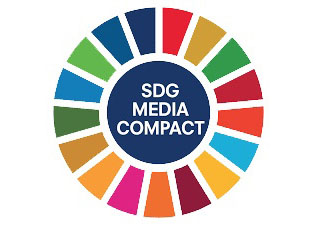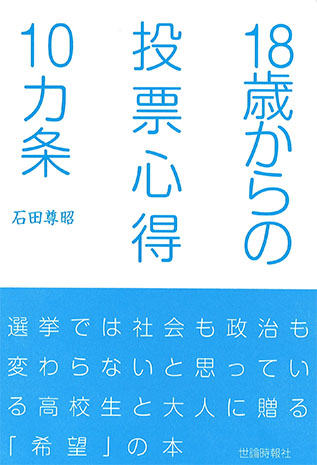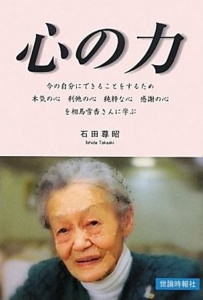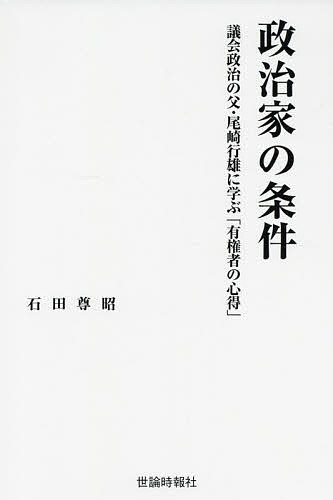By Shastri Ramachandaran*
NEW DELHI ‐ An early resolution of the prolonged deadlock, in which the United Nations Conference on Disarmament is trapped for over two years, appears unlikely given the prevalent mood in Pakistan.
In the aftermath of the United States forces killing Osama bin Laden in Abbottabad, about an hour’s drive from Islamabad, Pakistan is bound to take a harder line in multilateral forums on issues that impact its security and strategic interests. Such a hardening, reinforced by Pakistan’s India‐centric security concerns, would be conspicuously manifest on issues perceived to be driven by “a West‐scripted agenda in UN forums, such as disarmament and non‐proliferation”.
One such issue, which Pakistan has resolutely stonewalled thus far, is the Fissile Material Cut‐off Treaty (FMCT) under tortuous negotiation in the UN Conference on Disarmament (CD), and the conclusion of which, in Islamabad’s view, would put India in a vastly more advantageous position vis‐à‐vis Pakistan.
Boxed into a corner by the international community as a “haven for terrorists” and the fount of both regional and global terrorism, a battered Pakistan, seething at the humiliation of foreign forces transgressing its sovereignty, is in no mood at present to strike compromises when it comes to larger global concerns.
Pakistan seems determined to continue obstructing any movement towards wrapping up the FMCT in its present form, as this does not take into account India’s existing stockpile of fissile material. This was made clear, both on and off the record, by a number of high‐ranking government officials and functionaries in state‐funded institutions, in the course of interactions with this writer during his recent visit to Pakistan.
Even before U.S. forces struck to liquidate bin Laden, Pakistan had been blocking a consensus on FMCT ‐‐ a key item on the agenda of the 65‐nation Conference on Disarmament for over a decade now.
The FMCT acquired a new urgency with the declaration of the Weapons of Mass Destruction Commission, in April 2009, highlighting the need for an early agreement to halt production of fissile material for nuclear weapons.
It gained further impetus with President Barack Obama’s Prague Speech in April 2010, wherein he sought the international community’s support to negotiate and conclude an FMCT. In its Nuclear Posture Review (2010), the U.S. explicitly committed itself to negotiating a verifiable FMCT.
The Session of the UN Disarmament Commission in 2010 made it an issue of greater priority by urging early commencement of negotiations on FMCT in the CD. Thereafter, in May 2010, the NPT review conference exhorted Nuclear Weapon States (NWS) to declare and place their fissile material which are no longer required for military purposes under the International Atomic Energy Agency (IAEA).
*The writer, who recently travelled to Pakistan at the invitation of the Government of Pakistan, is a former Editor of Sunday Mail and has worked with leading newspapers in India and abroad. He was Senior Editor & Writer with China Daily and Global Times in Beijing. For nearly 20 years before that he was a senior editor with The Times of India and The Tribune. Besides commentaries on foreign affairs and politics, he has written books, monographs, reports and papers. He is co‐editor of the book ‘State of Nepal’














